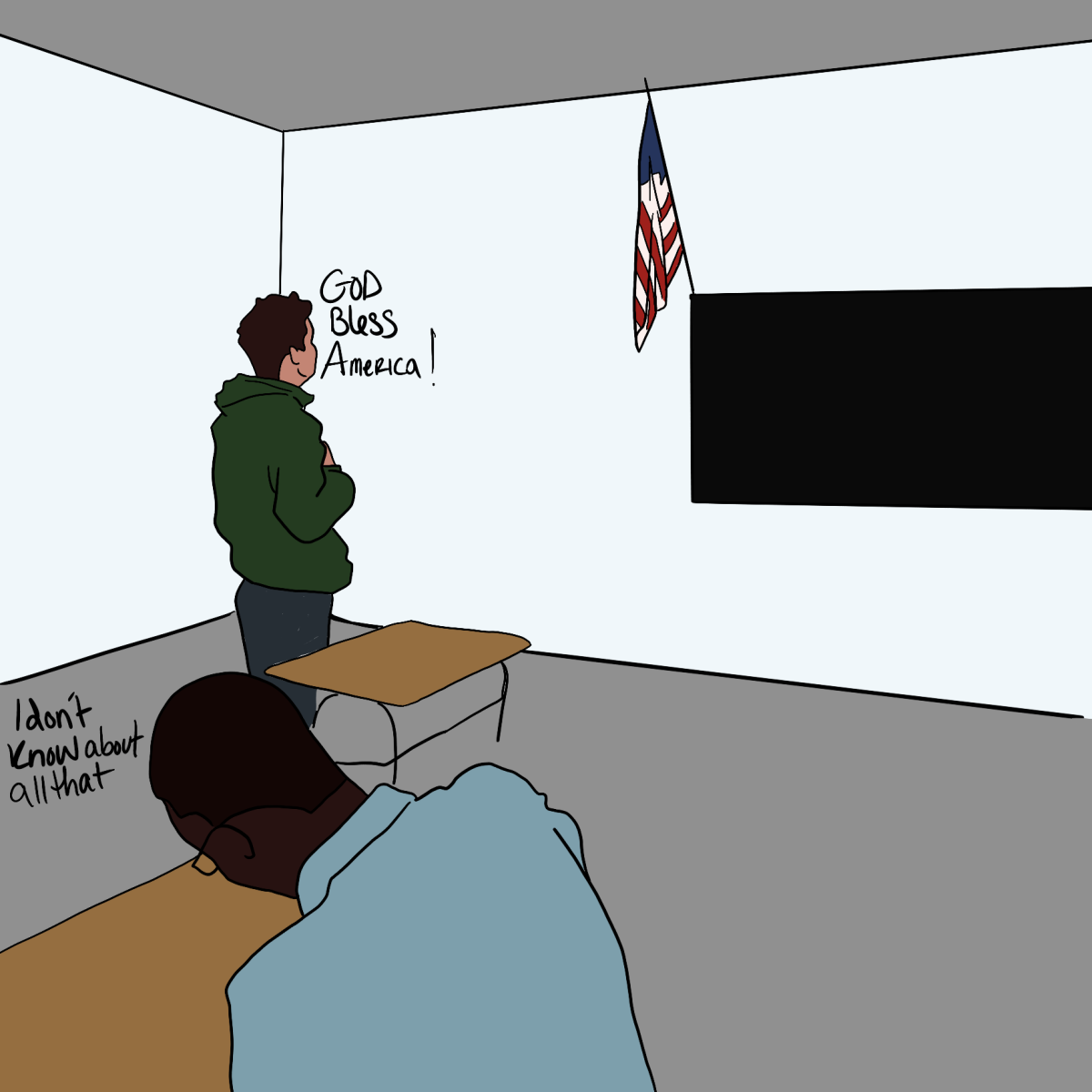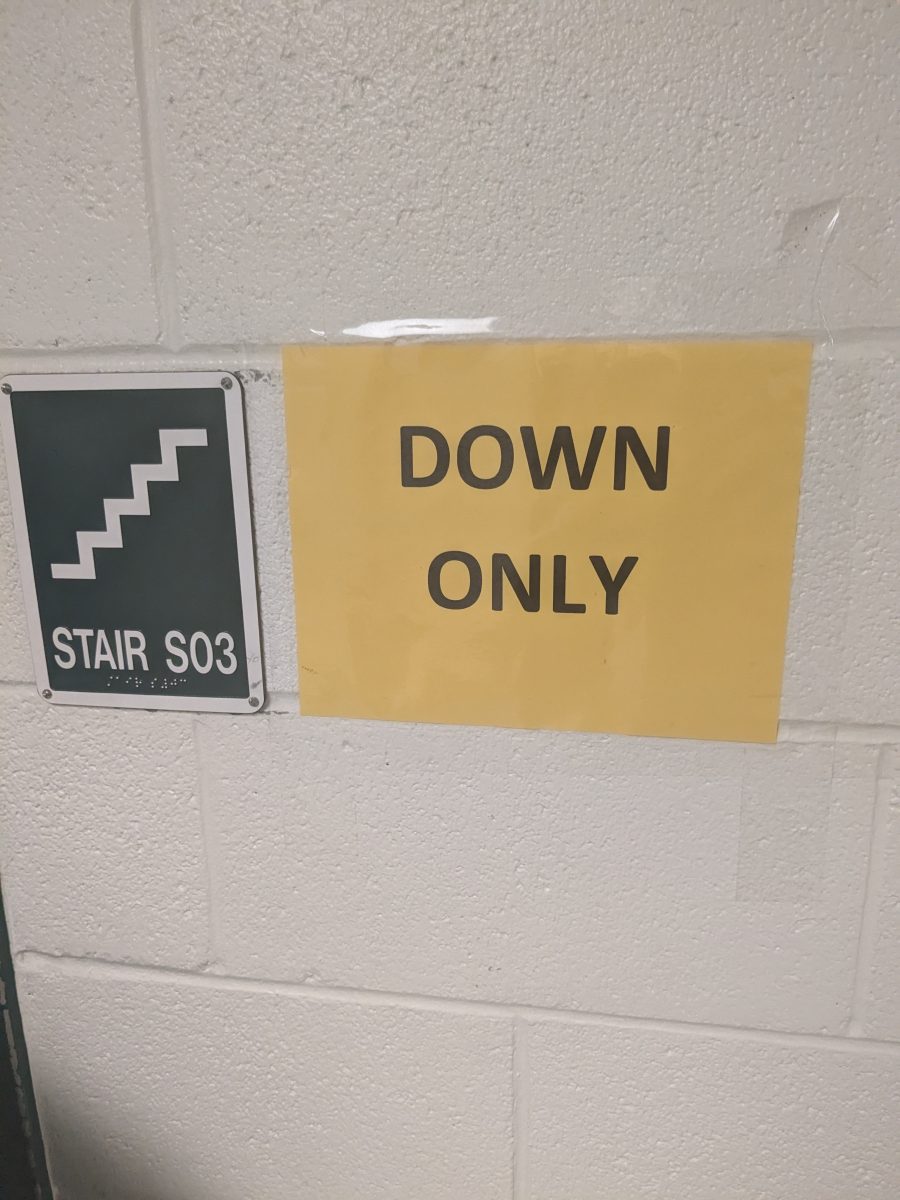Point (William Murphy):
High school student athletes put their blood, sweat and tears into their sport. Hundreds of hours are spent just so they can compete to their peak performance on game day. Yet, all these hours for what, winning a game? Out of the thousands of high school athletes that play sports in high school only a small percentage go on to play collegiate sports. Even so, a smaller percentage get to play collegiate sports without a price. What does this mean? The vast majority of athletes are going unrewarded for their efforts. With this in mind, high school athletes should have NIL.
NIL stands for name, image and likeness. It is the ability for a student-athlete, high school or college, to profit off their own name through branding and advertisements. Maryland recently approved NIL for students, but 17 states have not. Many people think that students shouldn’t have NIL, but there are key points that prove that claim wrong.
Every parent knows that sports feels like a funnel for money. Sports can cost thousands of dollars and without any return on investment besides potential athletic scholarships. Now, everyone wants and sometimes needs money. However, a job is very time-consuming. If athletes want to be able to compete, they need to practice. With all that practice there is no time for a job. A job can provide much-needed money, and an athlete cannot make that money due to the time-commitment sports cost.
Additionally, schools make money off athletics. If they can charge for tickets, student-athletes should be able to get a share of that ticket revenue. People are spending money to watch the athletes and in a professional league, the athletes are rewarded if there are more fans.
Finally, once you’re in the real world, you have to handle money. This can be one of the hardest skills for recent graduates. With NIL, student-athletes learn how to handle money and build relationships. This is a crucial skill and as student-athletes grow as people, they should grow to become more financially responsible.
Counterpoint (Ian Alves):
High school sports have become increasingly popular in recent years as many schools now recruit players who most of the time go on to play for top colleges. This increase in popularity begs the same question that the collegiate level had a few years ago: should student athletes be permitted to receive NIL sponsorship deals?
The simple answer to this question is no. NIL deals were held off for years in college due to many reasons like students not being able to handle the extra pressure put on them to perform, mental health issues, unfair advantages, etc. All these problems were considered when deciding to allow NIL deals to finally take over college sports. Now, people are suggesting an expansion of NIL deals to high school athletes, and because of all the reasons listed prior, expanding this to younger, less mature players is a bad idea.
With the rise in mental health problems in high school teens, adding more pressure to go along with school and their sports will be too much. Athletes at this young age are still developing as players, and adding this pressure might lead to a lack of focus and curb their development in their sport. Such a considerable pressure of a brand deal would be more harmful than beneficial to the student’s well-being.
Having brand deals could also create an ego-driven athlete who stops caring about actually developing their game since they are already getting paid. It blinds them to a false perception of the world; these student-athletes become scared to fail and take risks, which can be detrimental in the long run.
Also, without many big names in high school, few athletes would be recruited for NIL deals. High school NIL deals would target student-athletes who can generate the most money for the brand, such as celebrities. Bronny James, as Lebron’s son, would be a player who would attract a lot of attention. If he were to get a brand deal, this could lead to an adverse change in how he develops as a player since he is fed this sense of comfort from a brand deal and may not have to work as hard as other players.
Overall, giving high school students NIL brand deals is not only a bad idea, but one that doesn’t make much sense. It doesn’t allow young athletes to develop themselves into their best selves and creates a false sense of security.
















